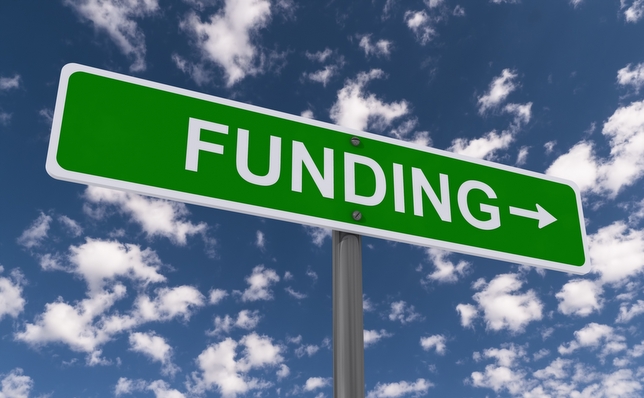
An effort is underway to develop new building codes focused on ensuring that multifamily affordable housing residents have access to reliable electricity during grid outages. The U.S. Department of Energy Building Energy Technology Office announced the selection of the Climate Resilient Energy Code project for $1 million in funding support.
The pending award is part of $90 million in competitive funds awarded by the U.S. Department of Energy in July 2023. The effort for the Climate Resilient Energy Code project is lead by the Clean Energy Group, in partnership with American Microgrid Solutions, Connecticut Department of Energy and Environmental Protection, Connecticut Green Bank, Connecticut Insurance Department, New Buildings Institute, Operation Fuel, and the Yale Center on Climate Change and Health.
Multifamily affordable housing properties serve some of the most climate vulnerable populations in the U.S., including elderly residents, veterans, and residents with serious health conditions, as well as lower-income households with limited access to the resources needed to respond and adapt to increasingly frequent severe weather conditions and power outages.
For millions of medically vulnerable people across the country, even short-duration power disruptions can result in severe, and in some cases life-threatening, impacts. The goal of the Climate Resilient Energy Code project is to develop and advance the implementation of stretch building codes to include the installations of resilient energy systems, including solar, battery storage, and efficient heating and cooling, to power essential services for affordable housing residents during grid outages.
“Power outages can be a matter of life or death for people who rely on electricity-dependent home medical devices, refrigeration to store medicine, or heating and cooling during extreme temperatures,” said Clean Energy Group President and Executive Director Seth Mullendore. “Resilient power technologies like solar combined with energy storage can allow vulnerable residents to safely shelter in place during emergencies and reduce energy costs throughout the year.”
The three-year Climate Resilient Energy Code project will initially focus on Connecticut, combining technical and financial analyses, resident engagement, and landscape assessments to develop standards and guidelines that address the energy resilience needs of the nearly 30,000 households in the state receiving electric utility medical hardship protection.
The development and implementation of these codes in Connecticut will establish best practices and create a template for other states and local governments to enhance climate resilience and reduce energy burdens in environmental justice communities by establishing a roadmap for multifamily affordable properties to adopt energy resilient technologies.
The effort builds on current initiatives to help multifamily affordable housing providers in Connecticut explore solar and battery storage for onsite resilience and improved resident health.
“The Connecticut Green Bank looks forward to continuing our work to understand how climate smart technologies, specifically solar and storage, can protect residents with medical hardships living in affordable housing,” states Bryan Garcia, President and CEO of the Connecticut Green Bank. “The building code developed through this work will be able to leverage Connecticut’s Energy Storage Solutions program, overseen by the Public Utilities Regulatory Authority and co-administered with our electric companies, which seeks to increase the resilience of our most vulnerable communities.”
This is the first round of funding awarded through the Bipartisan Infrastructure Law’s $225 million allocation to improve the nation’s building energy codes. In a press release announcing the funding, the Biden Administration notes that updated building energy codes could save Americans $138 billion on their utility bills through 2040.
“Every day, we are seeing the impacts of climate change on our communities, from heat domes to rain bombs,” said Andrew Mais, Commissioner of the Connecticut Insurance Department. “With the support of the Robert Wood Johnson Foundation, and now the Department of Energy, we have assembled a great and growing team of organizations that want to move beyond understanding and investment in climate smart technologies towards resilient energy code development for multifamily affordable housing.”
“The devastation of record heat, flooding and other climate disasters, particularly on our most vulnerable communities, shows the urgent need for significantly more resilience in our built environment,” said Geoff Oxnam, CEO of American Microgrid Solutions. “Our team is mission-driven to strengthen communities starting with resilient power.”
— Solar Builder magazine

Leave a Reply
You must be logged in to post a comment.